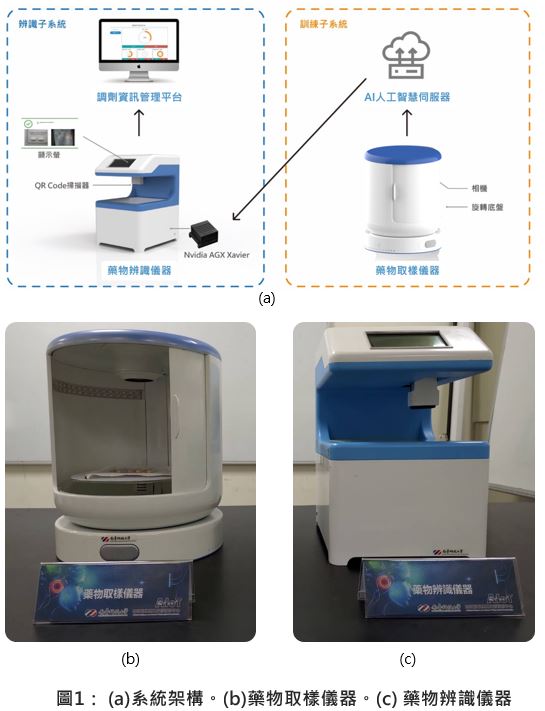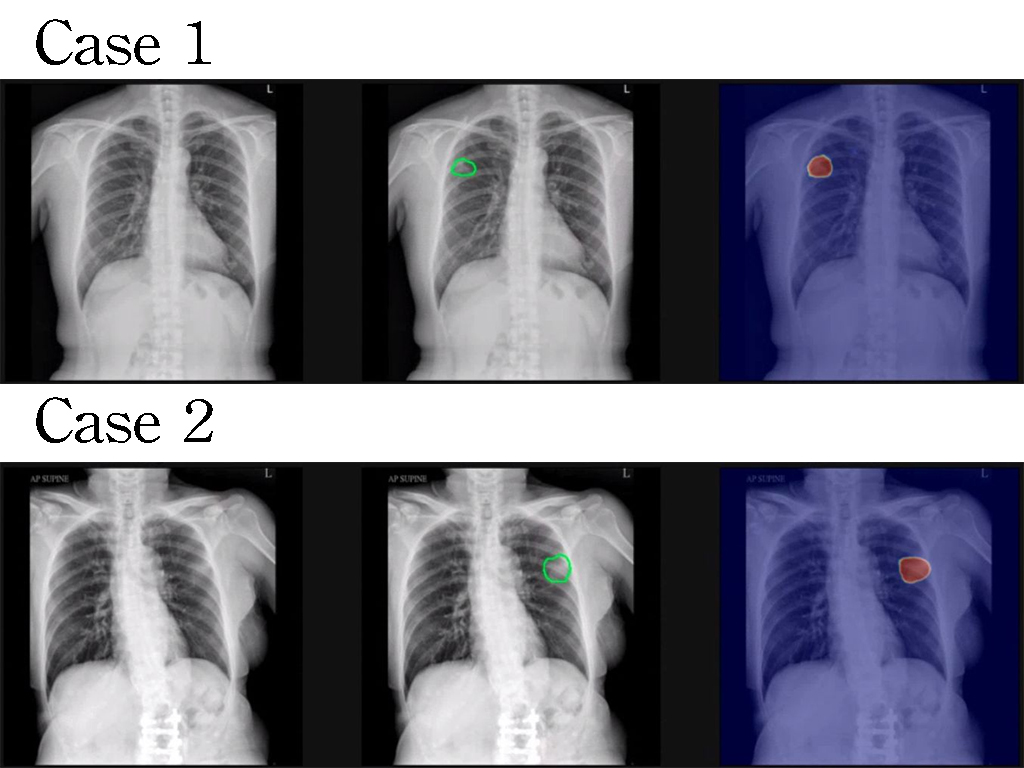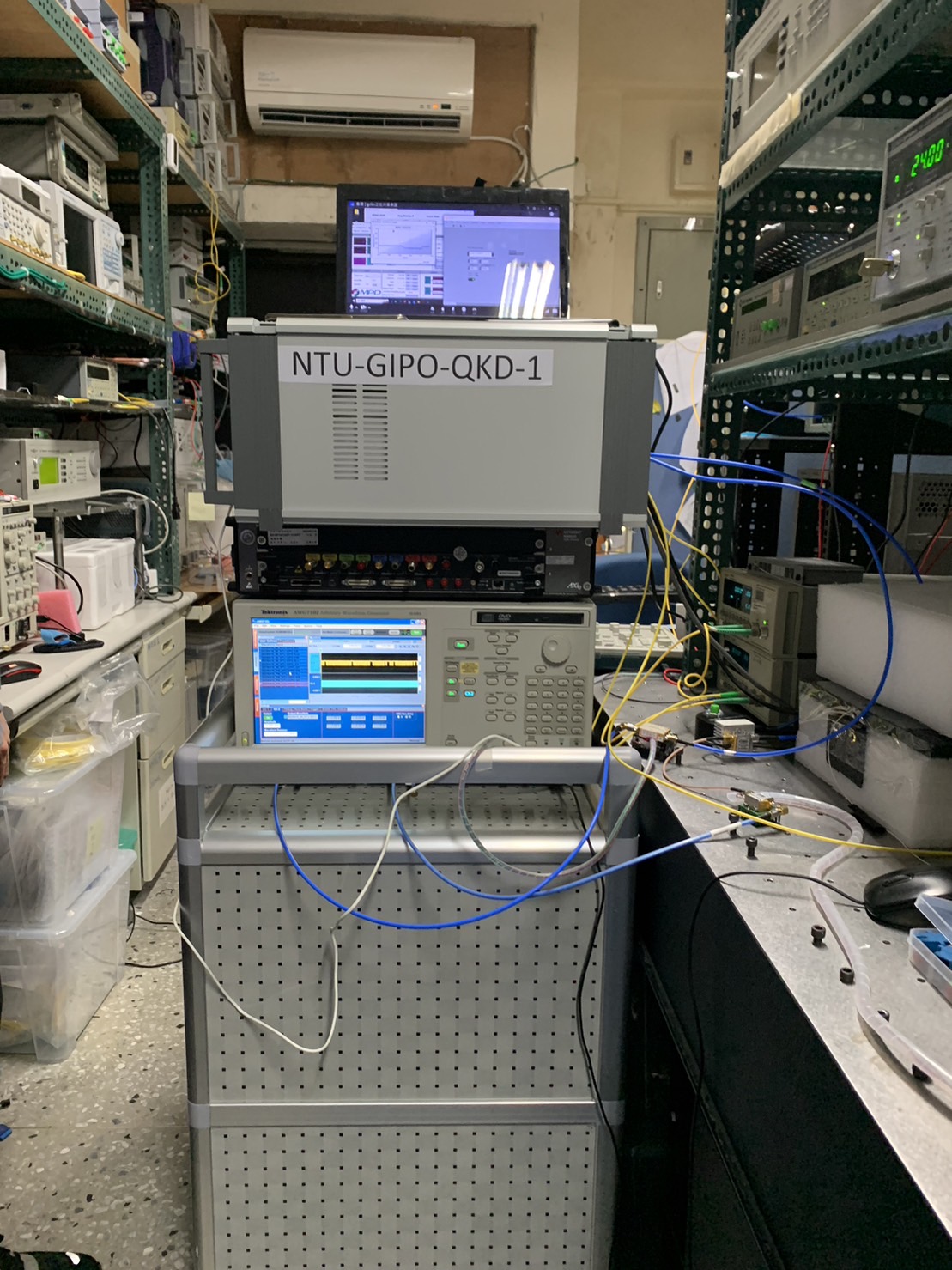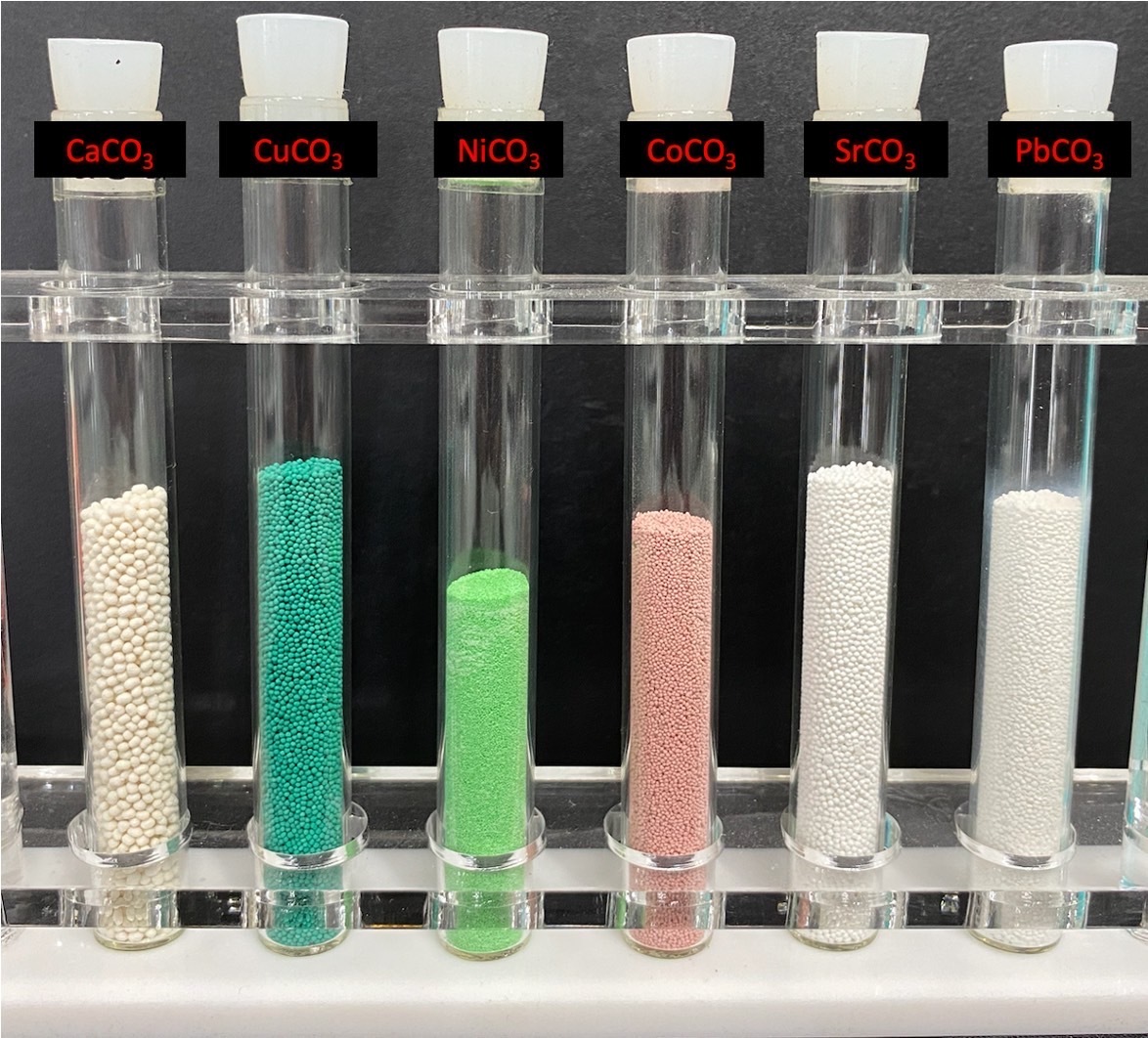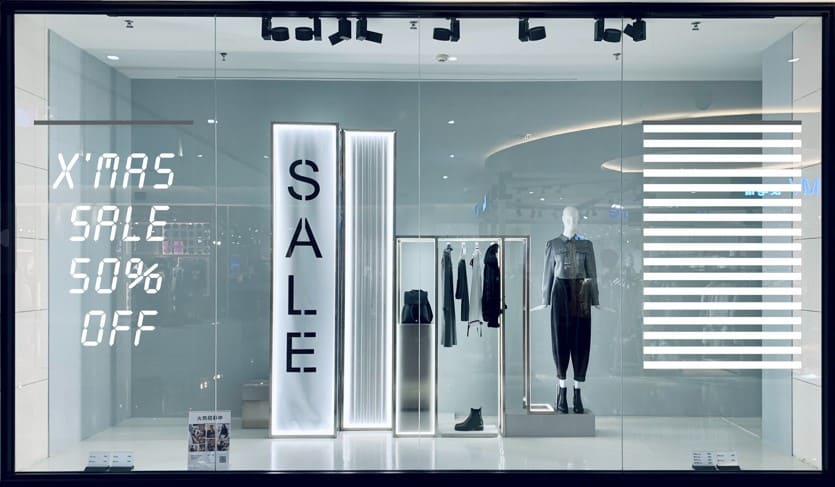| Technical Name | CXCR4-Dependent Immuno- and Antiangiogenic Therapy against Hepatocellular Carcinoma | ||
|---|---|---|---|
| Project Operator | National Health Research Institutes Institute of Biomedical Engineering and Nanomedicine | ||
| Project Host | 夏克山 | ||
| Summary | DBPR807, a highly selective, safe, and potent CXCR4 antagonist, possesses in vivo efficacy under various HCC settings with supreme benefits on combination therapy, whereby it can significantly synergize with not only antiangiogenic therapy (sorafenib) but also immunotherapy (anti–PD-1) to further extend overall survival. DBPR807 can significantly suppress tumor growth, prevent metastasis, reduce angiogenesis, normalize tumor microenvironment and promote cytotoxic T-cell infiltration. Our results suggest the clinical potential of DBPR807 for the treatment of HCC. |
||
| Scientific Breakthrough | Sorafenib can inhibit angiogenesis, leading to developing hypoxic microenvironment which is forced to trigger the CXCL12/CXCR4 axis to generate a new angiogenic signaling, resulting in the relapse of liver tumor. DBPR807 can show a synergistic effect because this new angiogenic pathway is overwhelmingly suppressed. Regarding immunotherapy, as combined with PD-1 antibody, BPR807 can not only normalize the immunosuppressive tumor microenvironment but also enhance infiltration of CTLs to combat cancer cells, resulting in a more significant synergistic effect in shrinking the tumor size. |
||
| Industrial Applicability | DBPR807 can prevent distant metastasis, reduce angiogenesis and promote cytotoxic T-cell infiltration in the treatment of hepatocellular carcinoma. The combination therapy with either of them can extend overall survival more significantly than monotherapy. Therefore, the market potential of DBPR807 is expected to grow synchronously with the combined use of these mainstream drugs. The combination therapy is also expected to be used for the treatment of renal cell carcinoma in the future. |
||
| Keyword | CXCR4 antagonist hepatocellular carcinoma renal cell carcinoma sorafenib anti-PD-1 metastasis anti-angiogenesis cytotoxic T cell tumor microenvironment overall survival | ||
- Contact
- LIU,JUN-CHENG
- jcliu@nhri.edu.tw
other people also saw


